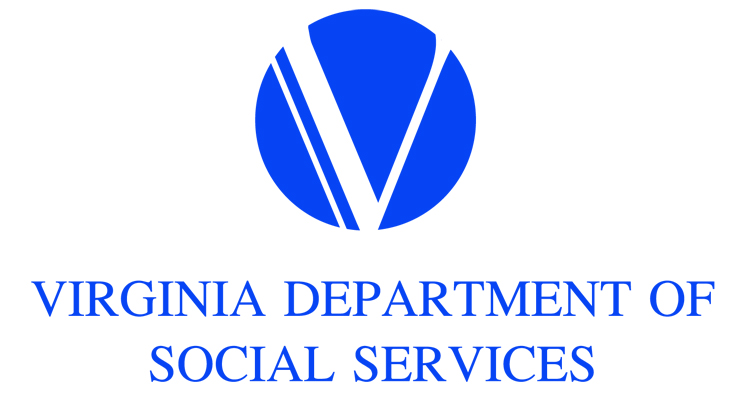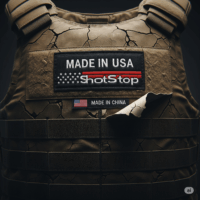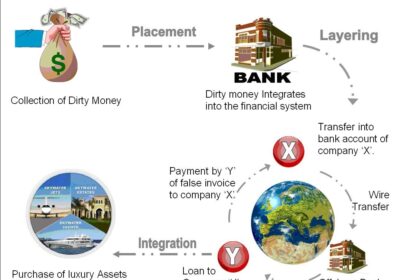The Virginia Department of Social Services (VDSS) has agreed to pay the United States $7,150,436 to resolve allegations that it violated the False Claims Act in its administration of the Supplemental Nutrition Assistance Program (SNAP), the Department of Justice announced today. Until 2008, SNAP was known as the Food Stamp Program.
Under SNAP, the U.S. Department of Agriculture (USDA) provides eligible low-income individuals and families with financial assistance to buy nutritious food. Since 2010, SNAP has served on average more than 45 million Americans per month, and provided more than $71 million annually.
“SNAP is an important vehicle for helping needy families,” said Acting Assistant Attorney General Chad A. Readler of the Justice Department’s Civil Division. “This settlement reflects the Justice Department’s commitment to ensuring that taxpayer funds are spent appropriately so that the public can have confidence in the integrity of vital programs like SNAP.”
Although the federal government funds SNAP benefits, it relies on the states to determine whether applicants are eligible for benefits, to administer those benefits, and to perform quality control to ensure that its eligibility decisions are accurate. USDA requires that the quality control processes the states use ensure that benefits are correctly awarded, are free from bias, and accurately report states’ error rates in making eligibility decisions. The USDA reimburses states for a portion of their administrative expenses in administering SNAP, including expenses for providing quality control. The USDA also pays performance bonuses to states that report the lowest and the most improved error rates each year, and can impose monetary sanctions on states with high error rates that do not show improvement.
As part of the settlement, VDSS admitted that, beginning in 2010, it retained Julie Osnes Consulting, a quality control consultant, to reduce its SNAP benefits determination error rate by training VDSS quality control workers to “use whatever means necessary” to find a benefits decision “correct” rather than finding an error. VDSS also admitted that if its quality control staff “could not find a way to make a benefits decision correct,” they were instructed to “find a reason to ‘drop’ the case, or eliminate it from the sample.” VDSS acknowledged that this outcome-driven method, as implemented by VDSS between 2010 and 2015, “injected bias into the case review process” because it was designed to lower VDSS’s reported error rate by falsely reporting errors as “correct” or eliminating them from the sample. Through its use of these biased methods, VDSS was improperly awarded USDA performance bonuses for 2011, 2012, and 2013.
VDSS further admitted that VDSS quality control workers did not want to use the methods proposed by Julie Osnes Consulting because they believed the methods lacked integrity, injected bias into the quality control process, and violated USDA requirements, and that they communicated these concerns to their supervisors. VDSS admitted that the former VDSS quality control manager pressured and intimidated these employees to force them to adopt these methods, including, according to these employees, threatening termination, providing negative performance reviews, taking away teleworking and flexible scheduling privileges, and engaging in other forms of harassment and retaliation.
As part of the settlement, VDSS and the United States also agreed that VDSS had taken certain corrective actions beginning in 2015, including terminating its use of the improper quality controls methods devised by Julie Osnes Consulting.
“We appreciate the commitment and investigative assistance provided by our partners at the U.S. Department of Justice’s Civil Division, U.S. Attorney’s Office, and Virginia Office of the State Inspector General,” said Special Agent-in-Charge Bethanne M. Dinkins of the USDA Office of Inspector General (OIG). “We also wish to note the technical assistance provided by our colleagues in the Office of Audit at USDA, OIG. During our investigation, we worked together to address the concerns of state employees and others who alleged that the integrity of the SNAP quality control process was weakened by third-party consultants. These concerned individuals reported that cases were not being treated in a consistent manner, and that certain advice from consultants resulted in identified errors being diminished rather than used to improve eligibility determinations. Today’s settlement sends a strong message regarding the Government’s commitment to work across agency lines to protect the integrity of SNAP.”
The settlement was the result of an investigation conducted by the USDA Office of Inspector General (USDA-OIG), the Civil Division’s Commercial Litigation Branch, and the U.S. Attorney’s Office for the Western District of Wisconsin that arose out of a nationwide audit of SNAP QC processes by the USDA-OIG.

















